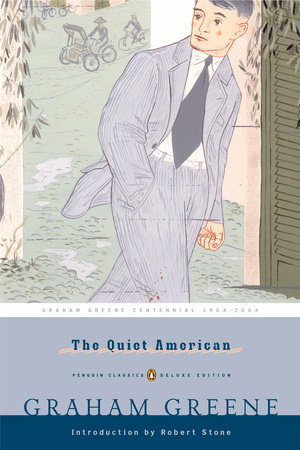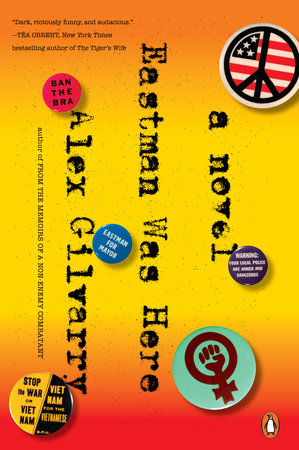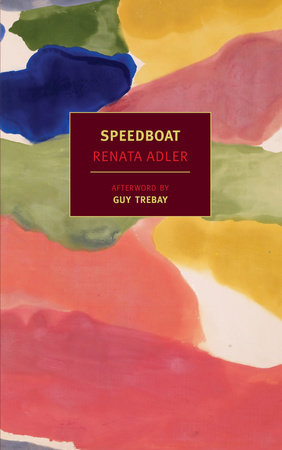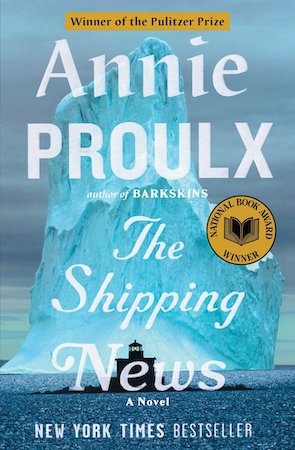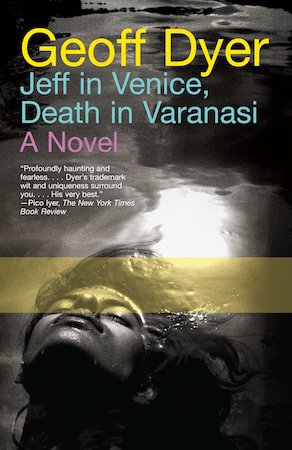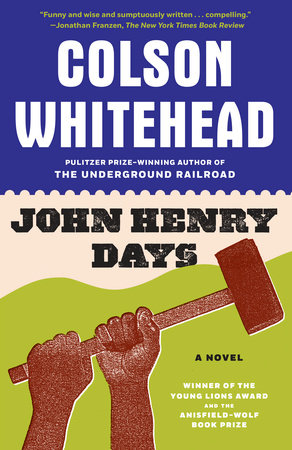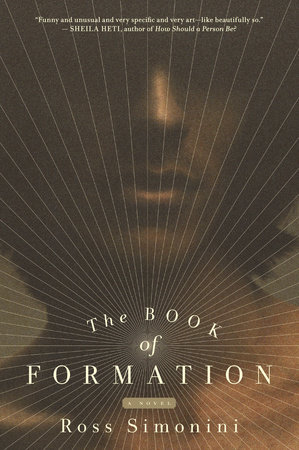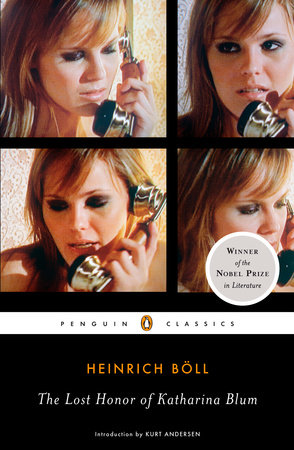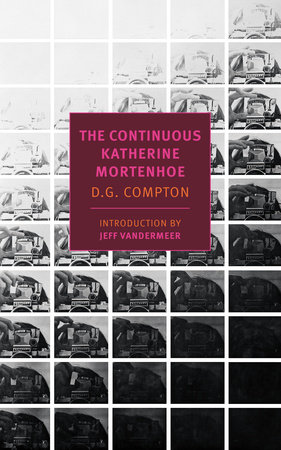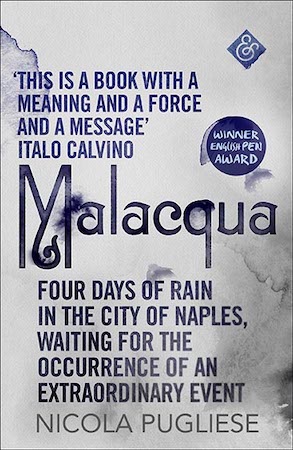Reading Lists
12 Novels About the Power of Journalism
A reading list for a time when the media is more important and threatened than ever
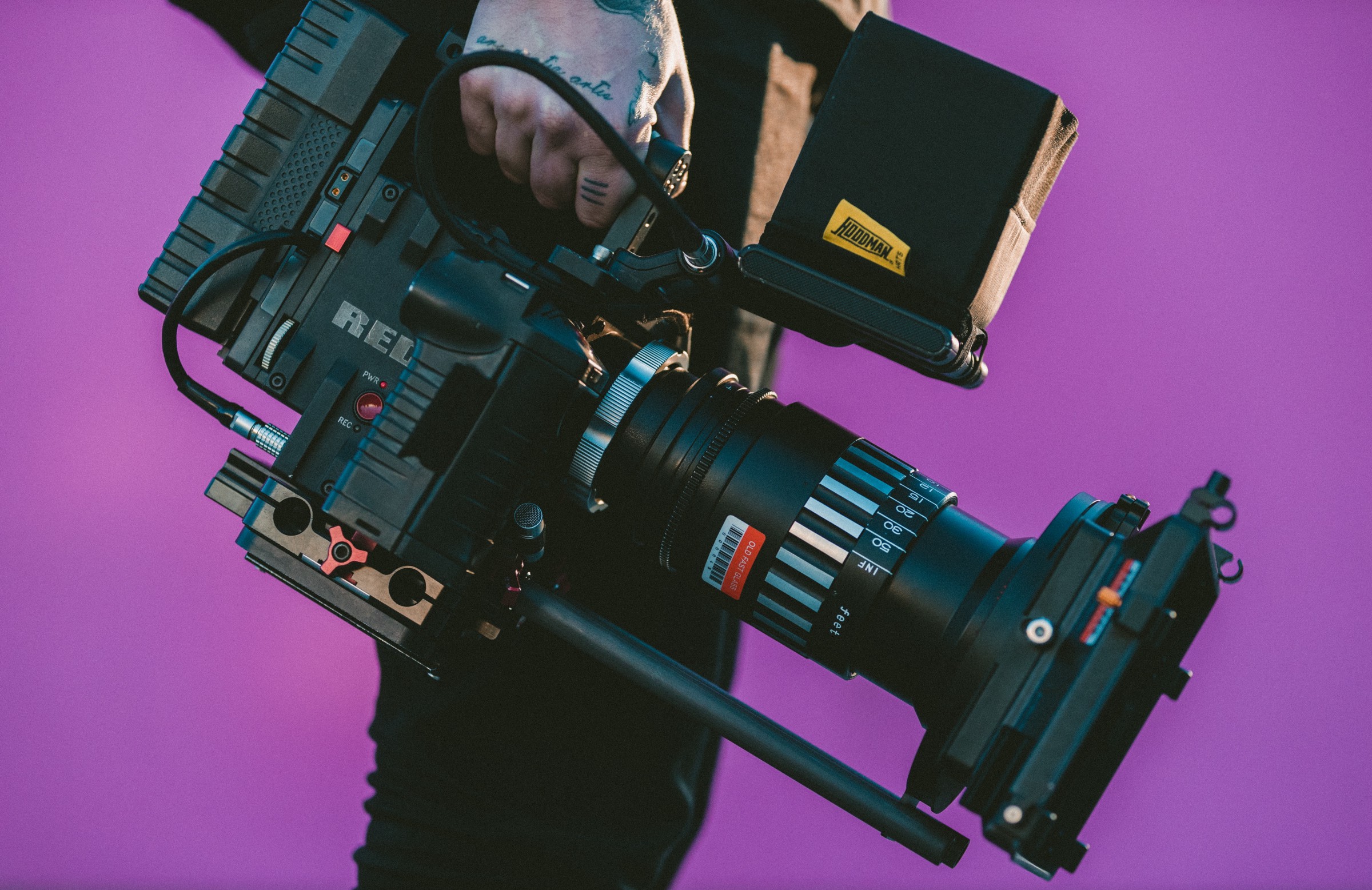
Two things that are equally true at this point in time: journalism is especially necessary to the continued health of our nation’s safety and civil rights, and journalism is in a moment of deep peril, with newsrooms being cut, advertising-based business models in jeopardy, and political polarization wreaking its own form of havoc on the industry. Good journalism can give people a greater sense of the world around them; irresponsible journalism can stoke hatred or give cover to corrupt or immoral actions.
Needless to say, journalists and journalism have been the source of inspiration for many a novelist. Some examine the institution itself, finding compelling narratives in the story of how news is reported. Others reiterate why the fourth estate matters; still others provide cautionary tales for why journalistic excesses can lead to a grim place. And another group finds the power in the lives of writers: how their job affects their home lives, their perceptions of the world, and their ability to function. Here’s a look at a dozen disparate takes on the media, spanning from the 19th century on into the near future.
New Grub Street by George Gissing
At the heart of George Gissing’s sprawling 1891 novel New Grub Street are two writers: one, a high-minded author of serious fiction, struggling to find an audience for his work; and one, a far less idealistic figure far more apt to compromise when the prospect of money is at stake. They reside in a world where literary authors struggle to make ends meet, where new publications seek funding from wealthy benefactors, and where public feuds are commonplace. No eerie resonances with the present day there, nope.
The Quiet American by Graham Greene
Politics and journalism are often interwoven; how a tense geopolitical event is covered can often shape public perception of it and, thus, the governmental response. The narrator of Graham Greene’s 1955 The Quiet American is a British journalist in Vietnam, who comes to clash with a mysterious American with his own agenda. Questions of idealism, honesty, and war all come to a head over the course of the narrative.
Eastman Was Here by Alex Gilvarry
The title character of Alex Gilvarry’s Eastman Was Here is an aging literary lion of the New York scene who, by the early 1970s, is still coasting on the acclaim of a book he wrote shortly after World War II. The outsized personalities of the likes of Norman Mailer—as well as their excesses and other flaws—are certainly the template here. But as Eastman heads to cover the Vietnam War and begins to question his own approach to life and craft, a host of other literary touchstones—from Graham Greene to Joan Didion—further complicate the narrative.
Speedboat by Renata Adler
Renata Adler’s literary work has explored questions of journalism and the media from both sides of the fiction/nonfiction life—including 1999’s Gone: The Last Days of The New Yorker. On the novelistic side of things, there’s her debut novel Speedboat, first published in 1976, which filters a host of impressions of urban life in the mid–1970s through the particular lens of one journalist’s perspective. The result is a singular and unpredictable work which still feels vital 40 years later.
Philadelphia Fire by John Edgar Wideman
Journalists can help uncover moments in history that have been overlooked and help expose moments of injustice. The central character of John Edgar Wideman’s novel Philadelphia Fire is engaged in exactly that: he’s in the city mentioned in the title to research a book about the time in 1985 when the city’s police bombed a building housing the group MOVE, causing a fire that destroyed a number of homes and killed eleven people.
The Shipping News by Annie Proulx
There are numerous elements in play in Annie Proulx’s award-winning novel, from questions of family and human connection to an immersive portrayal of a small community. But here, too, journalism plays a part: the novel’s protagonist is a reporter, looking to make a fresh start by taking a job and moving his family to Newfoundland. As with everything else in the novel, Proulx offers a sharply-observed take on newsroom life.
Jeff in Venice, Death in Varanasi by Geoff Dyer
The life of a journalist has, at times, offered perks—for a rarefied stratum, that could include global travel, access to elite spaces, and a general sense of the high life. In the first half of Geoff Dyer’s Jeff in Venice, Death in Varanasi, a journalist makes his way around the Venice Biennale, engaging in various acts of excess—all of which makes for a bold contrast with the book’s stark, philosophical second half.
John Henry Days by Colson Whitehead
In Colson Whitehead’s 2001 novel John Henry Days, Whitehead follows the travails of a journalist on assignment from an online publication to cover a stamp prominently featuring John Henry. Whitehead raises a host of questions of national memory and heroism as he tells this story, all the while juxtaposing it with the surreal and mundane world of press junkets through which the novel’s protagonist moves.
The Book of Formation by Ross Simonini
Over the course of Ross Simonini’s novel The Book of Formation, we see a journalist’s career shift over the course of many years. This unnamed figure engages in a series of interviews with the scion of a self-help movement based around, essentially, creating a new identity for oneself. Over the course of the novel, Simonini explores the boundaries between reporter and subject, probes the nature of celebrity, and holds a funhouse mirror up to the face of American celebrity culture.
The Lost Honor of Katharina Blum by Heinrich Böll
Out of the chilling atmosphere of radical politics in 1970s Germany came Heinrich Böll’s taut, precisely written novel The Lost Honor of Katharina Blum. It examines a case in which journalistic excesses lead to tragic ends: the title character is circumstantially connected to a crime, and is hounded by an amoral reporter, which leads to a violent and harrowing conclusion.
The Continuous Katherine Mortenhoe by D.G. Compton
In D.G. Compton’s 1973 novel The Continuous Katherine Mortenhoe, he provides a chilling view of a potential future of journalism—one that’s only gained in power as the years have gone by. The title character is dying in a world where most diseases have been cured; one of the central characters is a voyeuristic journalist whose eyes act as cameras, invasively documenting her last days.
Malacqua by Nicola Pugliese
Sometimes, journalists are tasked with providing an explanation of events that might not otherwise have one. Sometimes, events are so bizarre that no such explanation is possible. That’s certainly the case in Nicola Pugliese’s Malacqua, in which a series of downpours in Naples heralds a sequence of bizarre events—including a terrifying sequence involving an abandoned doll—and a reporter attempts to understand something that lacks a rational explanation.





